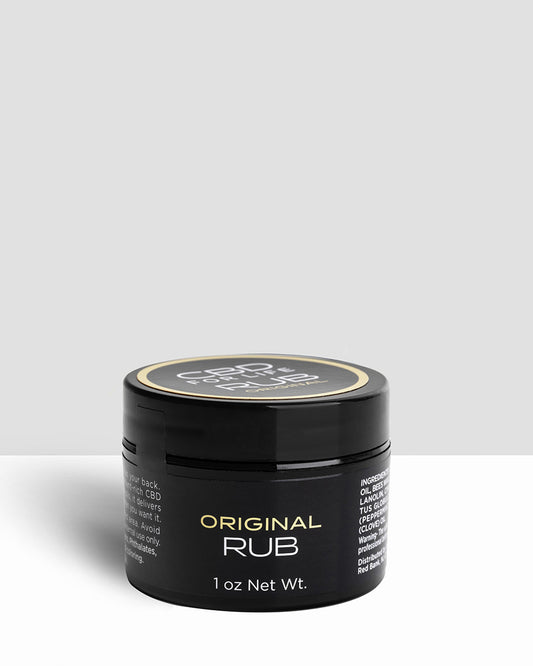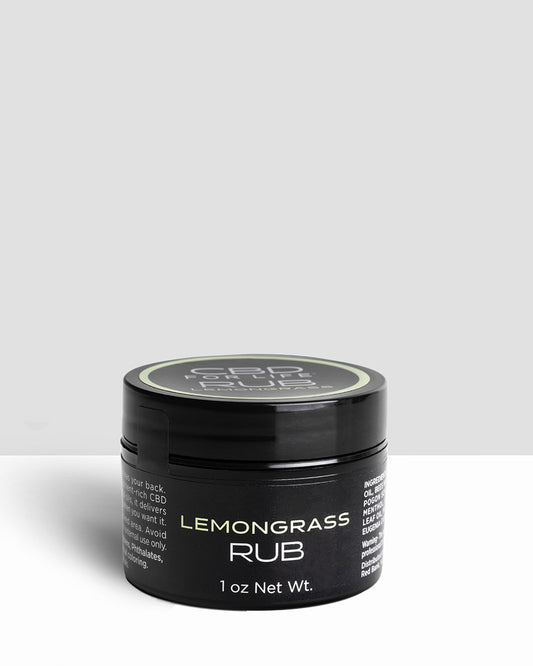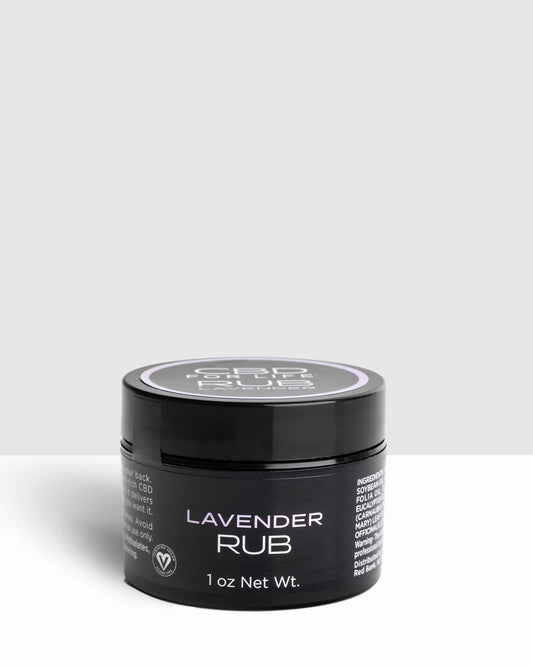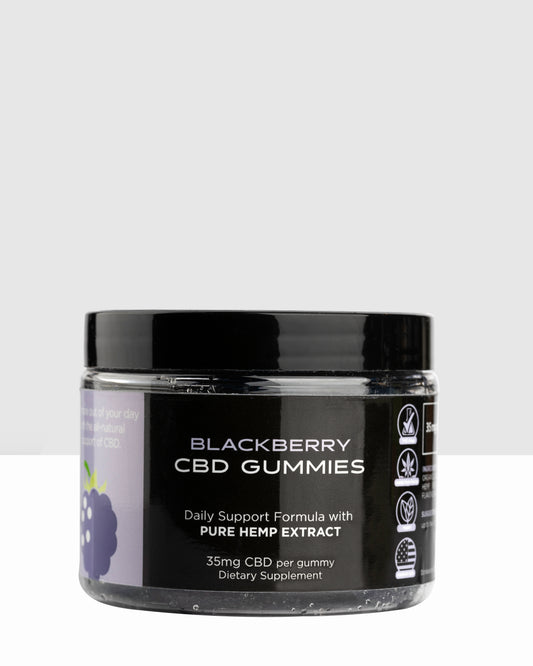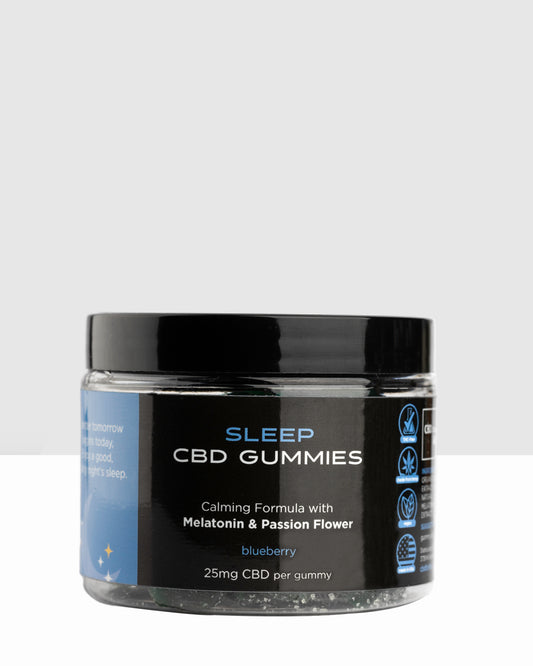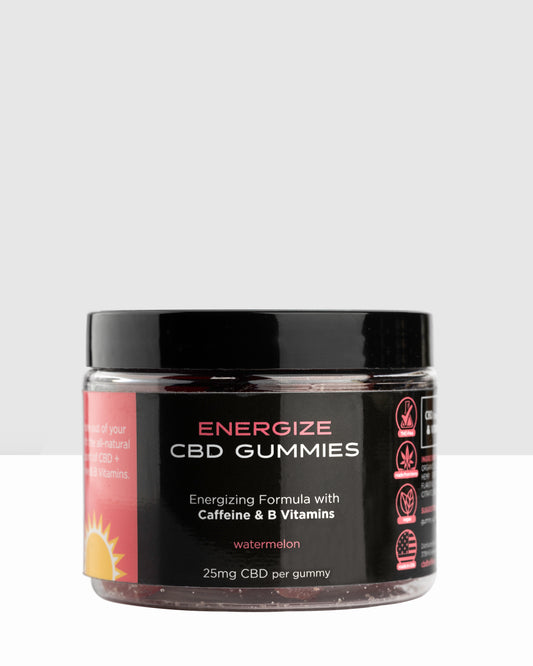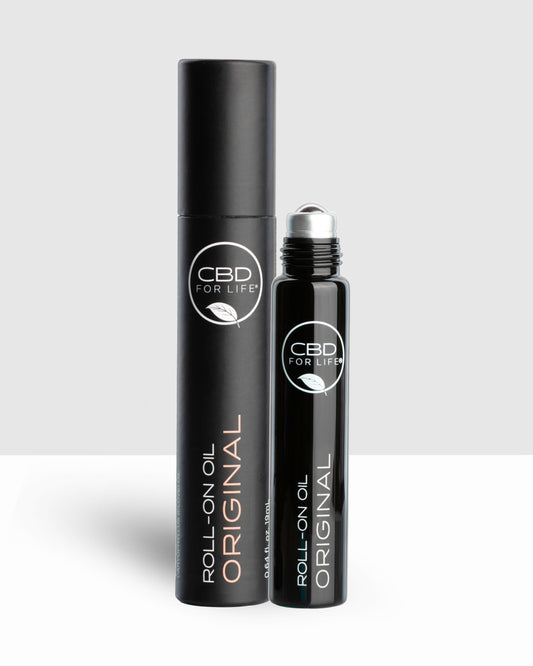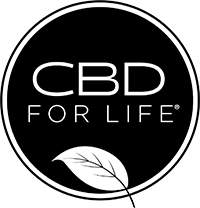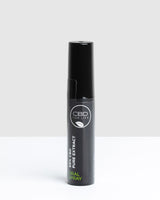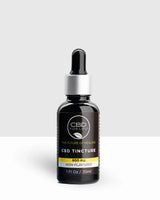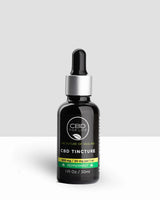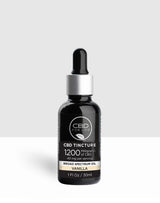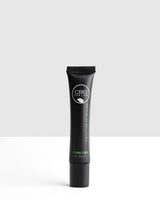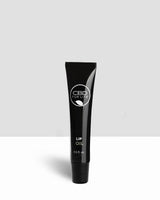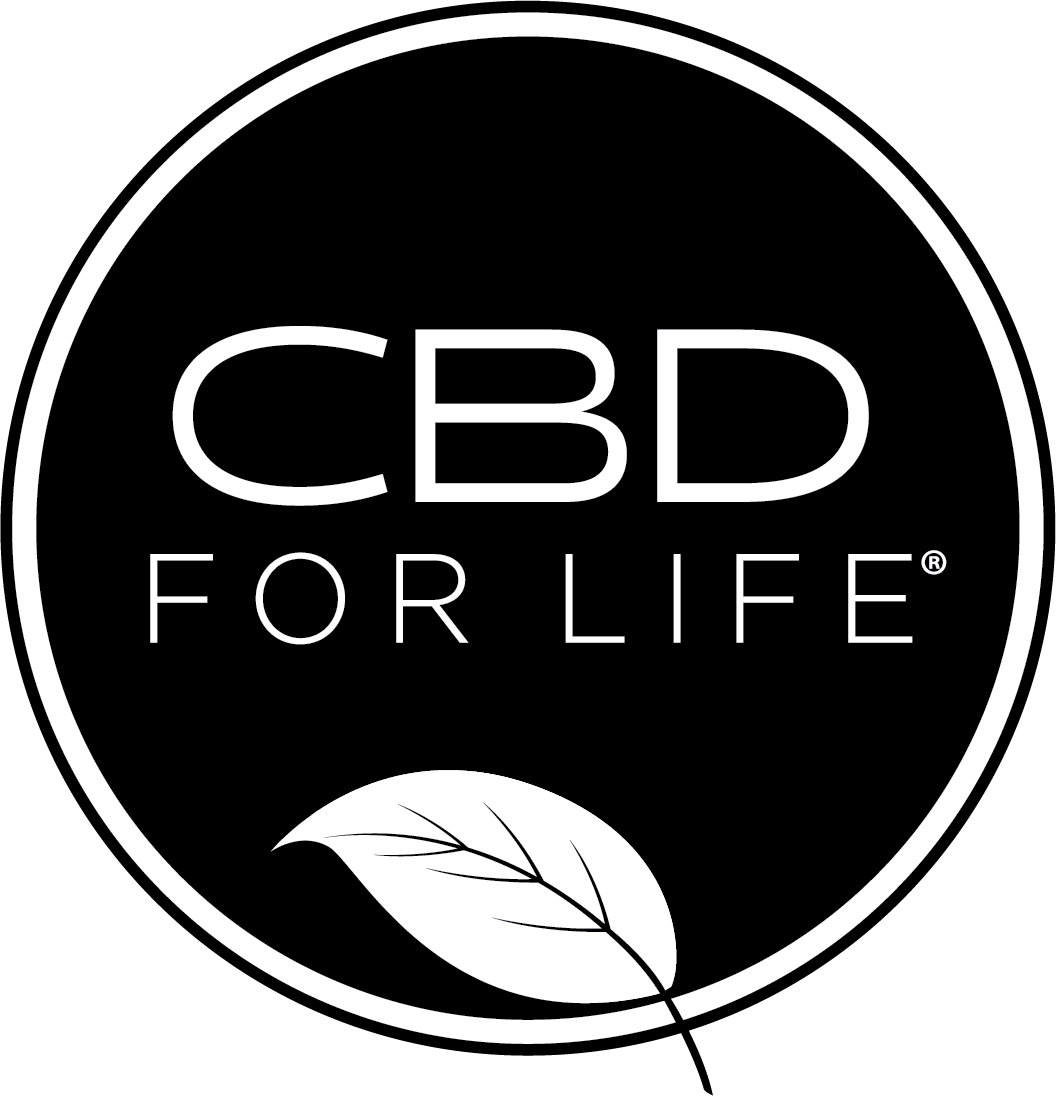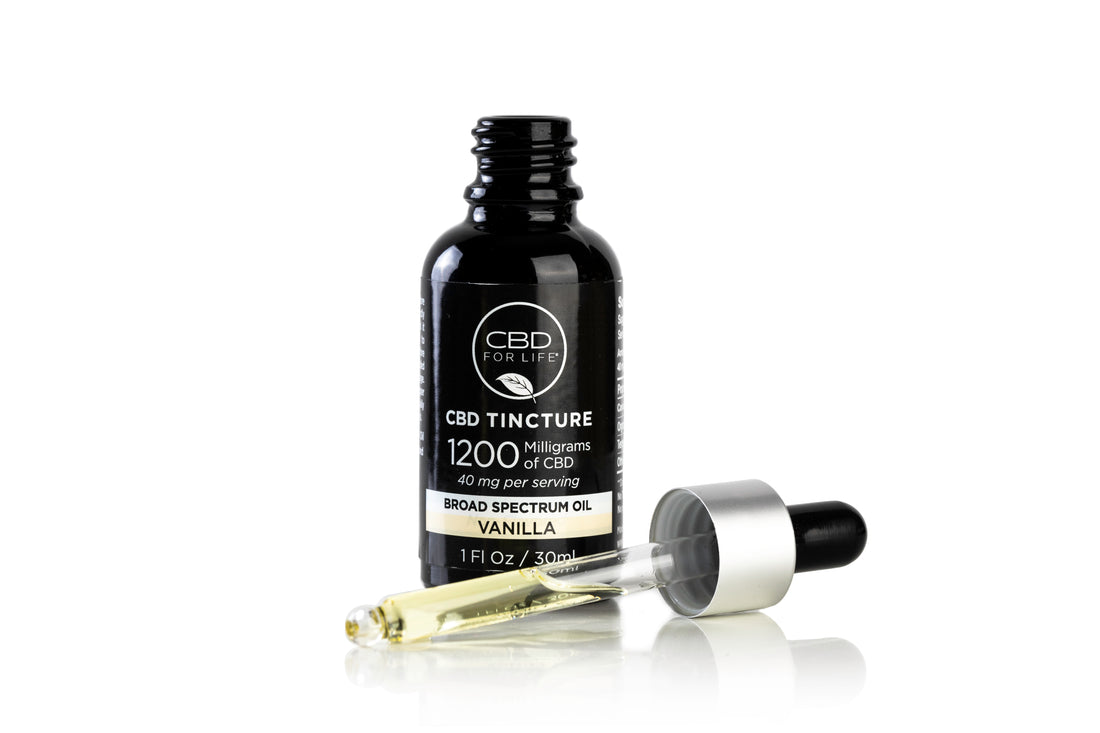
How Does CBD Oil Make You Feel?
Share
We’re often asked: Will CBD Oil work for me? If so, how will it CBD Oil make me feel? Now that CBD has gone mainstream and recognized for its abundance in health benefits, a lot of new users are looking for answers. In this blog we will breakdown what CBD Oil is, the different CBD Oils available to you, and what you should expect to feel along the way.

What is CBD oil?
CBD oil is a product derived from the cannabis plant that contains high levels of cannabidiol (CBD), a non-psychoactive compound. Unlike tetrahydrocannabinol (THC), the primary psychoactive compound in marijuana, CBD does not produce a "high" or altered state of consciousness. Instead, CBD is believed to have a number of potential therapeutic applications, including reducing anxiety, improving sleep, and reducing pain and inflammation. CBD oil can be consumed orally, applied topically, or inhaled using a vaporizer. The products are available in various forms, including tinctures, oils, capsules, and edibles.
What does CBD do for the body?
CBD is thought to interact with the body's endocannabinoid system (ECS), which helps regulate various physiological processes such as pain, mood, and appetite. CBD is believed to have a number of potential therapeutic benefits, including:
Pain relief
CBD may help reduce chronic pain and inflammation.
Anxiety and depression
CBD may have an anti-anxiety and anti-depressant effect and may help improve mood.
Sleep
CBD may help improve sleep quality and duration.
Epilepsy
CBD has been shown to be effective in treating epilepsy, especially in children with rare forms of epilepsy.
Skin conditions
CBD may help reduce symptoms of skin conditions such as acne and psoriasis.
It's important to note that while CBD has shown potential, more research is needed to determine its efficacy and safety. Additionally, the effects of CBD can vary depending on the individual and the dose consumed.

What kind of CBD Oil is best for me?
The best type of CBD oil for you depends on several factors, including your desired effects, the reason for using CBD, and any specific medical conditions or medications you are taking. Here are a few options to consider:
CBD isolate: Contains only CBD, with no other plant compounds or THC.
Full-spectrum oil: Contains all the naturally occurring compounds in the hemp plant, including THC (tetrahydrocannabinol), which is the psychoactive component.
Broad-spectrum CBD oil: Contains a range of plant compounds and cannabinoids, but no THC.
It's important to note that the quality of CBD oil can vary greatly between brands. Before purchasing, consider checking the source and quality of the product, and seeking the advice of a healthcare professional if needed.
CBD Isolate
CBD isolate is a crystalline solid or powder comprising pure CBD. In this form, all other plant matter—oils, waxes, flavonoids and additional cannabinoids, like THC—are removed. It is the most concentrated form of taking CBD and can have very high levels of Potency.
What are the advantages of CBD isolate?
Purity
CBD isolate is 99% pure CBD extract, meaning it contains only cannabidiol and no other plant compounds, making it ideal for people who want to avoid exposure to THC or other cannabinoids.
Versatility
CBD isolate can be consumed in a variety of ways, such as added to food and beverages, vaporized, or taken sublingually, giving users greater flexibility in how they use it.
Consistency
Because CBD extract is pure and standardized, users can more easily control the dose and ensure that they receive a consistent amount of CBD each time they use it.
Customization
Isolate can be blended with a variety of other ingredients to create personalized wellness products, such as topicals, tinctures, and edibles.
Third-party testing
These CBD products are often third-party tested to ensure that they are pure and free of contaminants, providing added peace of mind to users.

Broad Spectrum CBD Oil
Broad-spectrum, which is very similar to full-spectrum CBD oil, contains CBD and a wide range of other terpenes and cannabinoids. But unlike a full spectrum Oil, there’s one cannabinoid that is not present and that is THC.
Because you have the presence of other minor cannabinoids and terpenes, your body reaps the benefits of having all of these compounds work synergistically in these types of products.
What are the advantages of broad spectrum?
Presence of multiple cannabinoids
Unlike CBD extracts, broad spectrum CBD contains a range of minor cannabinoids in addition to CBD, allowing for the potential benefits of the "entourage effect."
THC-free
Broad spectrum products are free of THC, making them a good option for people who want the potential benefits of other cannabinoids but want to avoid the psychoactive effects of THC.
Consistency
Like CBD isolate, broad spectrum products are standardized and consistent, allowing for accurate dosing and a consistent experience each time they are used.
Third-party testing
Products are often third-party tested to ensure their purity, potency, and the absence of THC, providing added peace of mind to users.
Versatility
Can be used in a variety of ways, such as added to food and beverages, vaporized, or taken sublingually, providing users with multiple options for using it.

Full Spectrum CBD Oil
Entourage effect
Full-spectrum contains a range of cannabinoids, terpenes, and other compounds found in the hemp plant, which can work together to enhance the potential benefits of CBD.
Increased potency
Full-spectrum products may be more potent than CBD isolate because it contains a broader range of compounds that can complement and reinforce the effects of CBD.
Improved taste and aroma
Full-spectrum often has a more natural, plant-based taste and aroma compared to CBD isolate, which is often flavorless and odorless.
Greater transparency
A Full-spectrum CBD product typically includes a list of all the ingredients they contain, allowing users to see exactly what they're consuming.
Potential health benefits
Full-spectrum CBD may provide a wider range of benefits than CBD isolate, as the presence of other compounds in the plant may contribute to its overall therapeutic effect.
It's important to note that full-spectrum products may contain trace amounts of THC, so individuals who are concerned about a drug test or have sensitivities to THC should choose CBD isolate or a broad-spectrum product instead.
Entourage Effect
The entourage effect refers to the idea that the various compounds found in hemp, including cannabinoids, terpenes, and flavonoids, work together to enhance the potential therapeutic benefits of CBD.
Proponents of the entourage effect believe that the combination of these compounds can produce a greater overall effect than any one of these compounds alone, creating a synergistic relationship. The entourage effect suggests that the various compounds found in the hemp plant may interact with each other to increase the absorption and effectiveness of CBD, potentially leading to greater benefits.
Which CBD products are best for you
Purpose
Consider why you are interested in using CBD. Are you looking to manage stress or anxiety, relieve pain or inflammation, or support overall wellness? Different types of CBD products may be better suited for different purposes.
Personal preference
Consider how you prefer to consume CBD. Do you prefer CBD products that you can apply topically, such as a cream or balm, or one that you can ingest, such as a tincture or CBD gummies?
Tolerance and sensitivity
Consider your tolerance and sensitivity to other compounds found in hemp, such as THC. If you are sensitive to THC or are concerned about drug testing, you may want to choose a CBD isolate or broad-spectrum product that contains no or only trace amounts of THC.
Dosage
Consider how much CBD you want to consume and how often. The recommended serving size and frequency will depend on the type of product you choose and your personal needs.
Quality and purity
Consider the quality and purity of the CBD product you choose. Look for CBD products that have been third-party tested and are made from high-quality, organic hemp.

How much CBD Oil should I take?
The recommended serving size of CBD oil can vary depending on several factors, including:
-
Body weight: A general guideline is to take 1-6 mg of CBD per 10 pounds of body weight.
-
Severity of symptoms: If you are using CBD oils to manage a specific health condition, the recommended serving size may vary depending on the severity of your symptoms.
-
Concentration of CBD oil: The serving size will also depend on the concentration of CBD in the oil. A higher concentration of CBD will require a smaller serving size.
-
Tolerance: If you are new to using CBD oils, it is recommended to start with a low serving size and gradually increase until you achieve the desired effect.
Quick tips on how to take CBD Oil
-
Start with a low serving size: Begin with a low serving size of CBD and gradually increase until you achieve the desired effect.
-
Choose a high-quality product: Make sure to choose a high-quality oil that has been third-party tested and contains no harmful additives or contaminants.
-
Consider the method of consumption: CBD oil can be consumed in several ways, including sublingually (under the tongue in the form of CBD oil drops or CBD Spray), orally (in capsule form or CBD gummies), or topically (applied to the skin such CBD products as CBD foot cream, CBD muscle rub, CBD face cream and CBD roll on). Consider which method of consumption works best for you.
-
Store CBD oil properly: Store in a cool, dry place, away from direct sunlight and high temperatures, to ensure its quality and effectiveness.
-
Consult with a healthcare provider: Consult with a medical professional before using CBD oil, especially if you are taking any medications or have a pre-existing health condition.

What does taking a CBD Oil make you feel
The effects of CBD oil can vary from person to person. Some people report positive effects like feeling relaxed, calm, and less anxiety after taking CBD oil, while others may not feel any significant changes to their well being.
CBD oil is not intoxicating and does not produce the "high" commonly associated with the use of cannabis. Instead, it is believed to work by interacting with the ECS, a network of receptors in the body that regulate various functions, including mood, pain perception, and inflammation.
In some cases, people may experience mild side effects after they take CBD, such as drowsiness, dry mouth, and changes in appetite. These side effects are usually mild and temporary, and can be reduced by adjusting the serving size.
How CBD works in your body
CBD is believed to work by interacting with the body's endocannabinoid system (ECS), a network of receptors and signaling molecules involved in regulating various physiological functions, including pain perception, mood, appetite, and immune response.
The ECS is composed of two types of receptors, CB1 and CB2, and is responsible for maintaining balance, or homeostasis, in the body. CBD is thought to affect the ECS by binding to CB1 and CB2 receptors, influencing the release of neurotransmitters and altering the perception of pain and other physiological processes.
Additionally, CBD is believed to increase the levels of naturally occurring endocannabinoids in the body, which are compounds similar to the cannabinoids found in hemp. This can help to further regulate the activity of the ECS and improve overall balance in the body.
Does CBD keep you from getting high
Yes, CBD does not produce the "high" commonly associated with the use of marijuana. CBD is a non-intoxicating compound found in hemp and marijuana plants, and its effects are different from those where THC is present, the compound in marijuana that is responsible for the feeling of being "high."
CBD works by interacting with the body's endocannabinoid system, a network of receptors and signaling molecules involved in regulating various physiological functions, including mood, pain perception, and immune response. Unlike THC, CBD does not bind directly to the CB1 receptors in the brain, which are responsible for producing the feeling of being "high."
Instead, CBD is thought to influence the activity of the ECS in a way that helps to regulate various physiological processes, improve overall balance in the body, and treat pain without causing any psychoactive effects.
It's important to note that while CBD is non-intoxicating, it can still produce mild side effects, such as drowsiness, dry mouth, and changes in appetite. Additionally, some CBD products may contain trace amounts of THC, so it's important to choose high-quality products from reputable sources and to always check the label for information about the THC content.

How long does CBD make you feel calm
The length of time that CBD takes to produce a calming effect can vary depending on several factors, including:
-
Dosage: The amount of CBD consumed can affect how long the effects last. A higher dose of CBD may produce a calming effect for a longer period of time, while a lower dose may produce a shorter effect.
-
Method of consumption: The method of consumption can also affect the duration of the effects. For example, taking CBD oil sublingually (under the tongue) may produce quicker and more intense effects than ingesting it in capsule form.
-
Individual factors: Individual factors, such as weight, metabolism, and tolerance, can also affect the duration of the effects of CBD.
On average, the effects of CBD oil can last for 4-6 hours, although this can vary from person to person.
It's important to note that everyone may experience the effects of CBD differently, and the length of time that CBD produces a calming effect can vary depending on the individual. It's best to start with a low serving size and gradually increase until you achieve the desired effect, and to consult with a healthcare provider if you have any concerns or questions about using CBD.
Conclusion: How Does CBD Oil Feel
In conclusion, the effects of CBD can vary depending on the individual and the method of consumption. Some people report feeling calm, relaxed, and less anxious after taking CBD, while others may experience more subtle effects or no noticeable changes at all. CBD may also have pain-relieving, anti-inflammatory, and antioxidant properties, and it is believed to interact with the body's endocannabinoid system to regulate various physiological processes.
